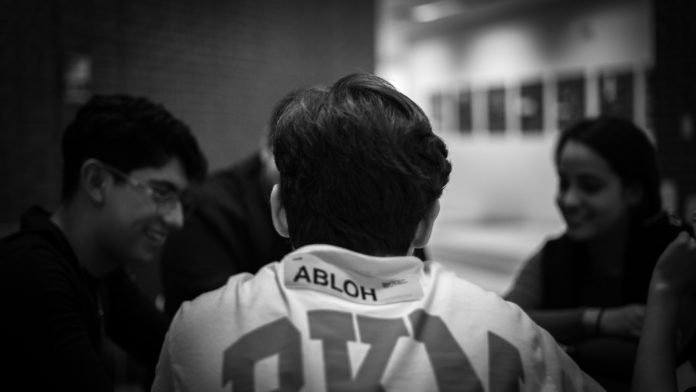
A new report published by New Brunswick’s child, youth and seniors advocate on Oct. 3 shows concerns about the province’s long-term plans for mental health services and calls for more specifics on the roll-out of policies.
Kelly Lamrock wrote in his report that the general healthcare system is “not good enough yet, but better” than previous years and said the plans for the future are “vague at best.”
“We’re not seeing a real sense of how these [plans] become scalable,” he said in an interview with The Aquinian. “If there isn’t a sense of how you scale these to become part of a predictable system, then that’s going to be a problem.”
One of New Brunswick’s pilot projects aims to reduce the suicide rate in Indigenous communities. Lamrock said if the province is going to start this project, it needs to be feasible in all First Nations communities, which the government is still working out.
“These are all excellent, but a pilot project without a plan is really just a placebo,” said Lamrock.
In his report, Lamrock noted an eight per cent increase in the provincial budget allocated for mental health services, which he believes is a significant amount — especially in the health sector.
Lamrock also sees potential in the government’s plan to work on walk-in mental health services at the treatment level and the availability of one-on-one counselling sessions.
St. Thomas University’s mental health coordinator, Brittany Sprague, will start up group counselling for students this winter and is continuing with walk-in counselling hours one-on-one.
When students come in for counselling, she gathers feedback on what they need in regard to mental health.
“Just so [we] know what are people liking, what needs to change and what can be improved on, so it’s just adjusting as you go,” she said.
Brock Richardson, STU’s director of student services and residence life, said the university is focused on providing education to bring awareness and decrease stigma surrounding mental health.
“We’re actually going to take part of this year to [look] at our mental health framework to gauge a sense of how students are doing and what the post-COVID mental health world looks like,” he said.
Richardson said being an educational institution means mental health is a priority.
“The biggest struggle for us is when we know that our students need help, and we want to connect them to those services, but the public services are so stretched,” he said.
One focus at the university this year, Richardson said, is to try to expand specialized services for members of specific communities, including 2SLGBTQIA+ and Indigenous students.
He also said STU is attempting to relieve students of financial stress by offering more free food programs, such as breakfast on Thursdays in Sir James Dunn Hall and free lunches on Wednesdays in the Wabanaki Student Centre.
“It’s a constant game of trial and error and then whatever works, we double down on it,” said Richardson.
